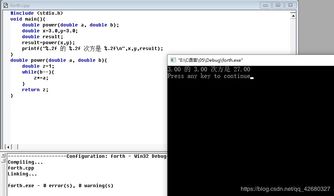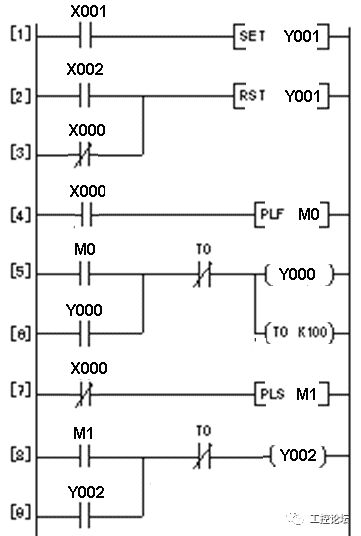Title: Strategies for Improving Performance in C Language Programming
In the realm of programming, C language holds a significant position due to its efficiency, versatility, and widespread use in various domains such as system programming, embedded systems, and software development. However, mastering C programming requires not only understanding the syntax but also honing problemsolving skills and adopting effective strategies. Let's delve into some key tactics to enhance performance and proficiency in C programming.
Understanding Fundamentals:
One of the primary reasons for struggling with C programming is a weak grasp of fundamental concepts. Before diving into complex problems, ensure a solid understanding of basic concepts like variables, data types, operators, control structures, functions, and arrays. Familiarize yourself with pointers, memory management, and file handling, as they are integral to C programming.
Practice, Practice, Practice:
Practice is the cornerstone of improvement in any skill, and programming is no exception. Engage in regular coding exercises, ranging from simple programs to more intricate ones. Leverage online platforms, coding challenges, and resources like HackerRank, LeetCode, and GeeksforGeeks to access a plethora of problems categorized by difficulty levels. Consistent practice not only reinforces your understanding but also cultivates problemsolving skills.
Debugging Proficiency:
Mastering debugging techniques is indispensable for a C programmer. Learn to utilize debugging tools like gdb (GNU Debugger) effectively. Practice debugging code snippets to identify logical errors, memory leaks, and segmentation faults. Understanding the root cause of bugs and fixing them not only improves code quality but also enhances your debugging prowess.
Modular Programming Approach:

Adopt a modular programming approach to break down complex problems into smaller, manageable modules. Encapsulate related functionality into functions, structures, and modules, promoting code reusability and maintainability. Modular programming enhances code readability and facilitates collaboration in larger projects.
Documentation and Comments:
Incorporate documentation and comments into your codebase to elucidate its functionality, purpose, and usage. Clear and concise comments serve as a guide for yourself and other developers, aiding in understanding and maintaining the codebase. Adhering to coding standards and documenting your code fosters good programming practices and professionalism.
Algorithmic Proficiency:
Develop proficiency in algorithms and data structures, as they form the backbone of efficient programming. Understand the time and space complexities of algorithms and choose appropriate data structures for optimal performance. Delve into sorting algorithms, searching techniques, graph algorithms, and dynamic programming to tackle diverse programming challenges effectively.
Version Control:
Familiarize yourself with version control systems like Git, as they are indispensable tools in modern software development workflows. Learn Git commands for repository management, branching, merging, and collaboration. Version control facilitates code management, collaboration with team members, and tracking changes, thereby streamlining the development process.
Continuous Learning and Exploration:
Stay abreast of advancements in C programming language and related technologies. Explore new features introduced in the latest C standards and incorporate them into your coding practices. Engage in community forums, attend workshops, and participate in opensource projects to learn from peers and industry experts. Cultivate a growth mindset and embrace challenges as opportunities for learning and improvement.
In conclusion, improving performance in C language programming requires dedication, practice, and a systematic approach. By mastering fundamental concepts, practicing regularly, honing debugging skills, adopting a modular programming approach, documenting code, understanding algorithms, leveraging version control, and fostering continuous learning, you can enhance your proficiency and excel in C programming endeavors. Remember, becoming proficient in C programming is a journey, so stay patient, persistent, and proactive in your pursuit of mastery.
版权声明
本文仅代表作者观点,不代表百度立场。
本文系作者授权百度百家发表,未经许可,不得转载。











